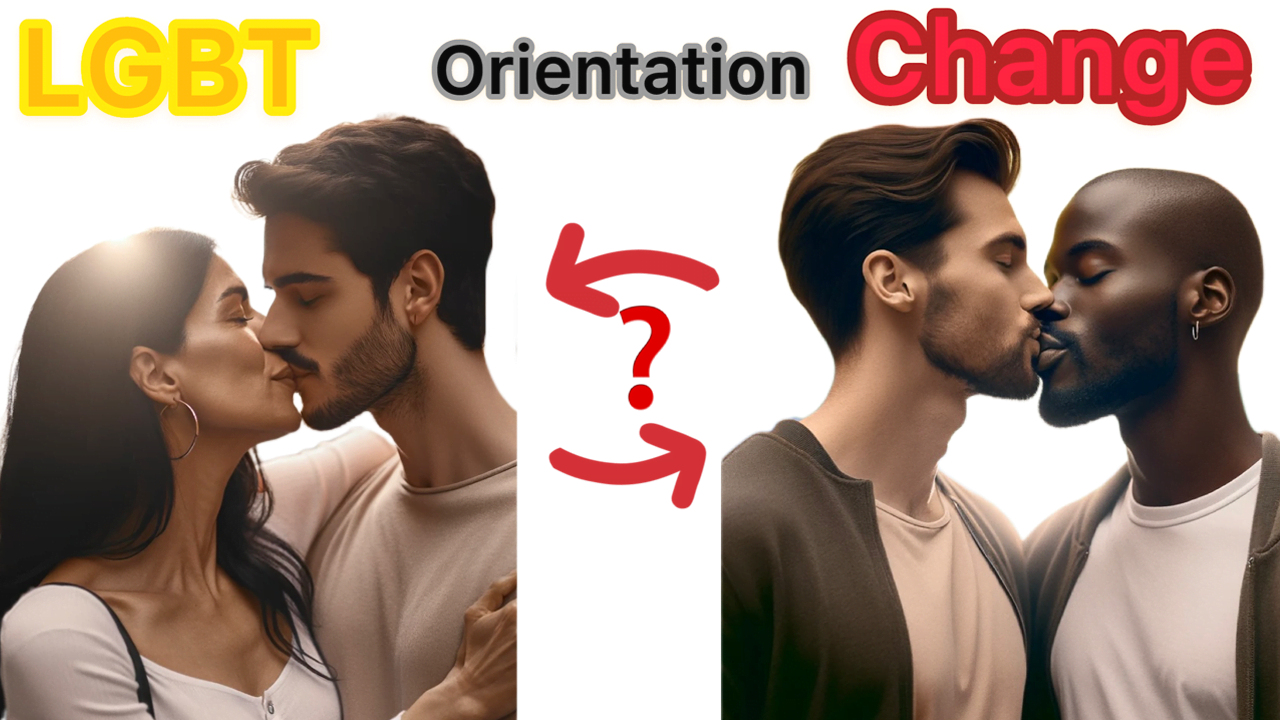Understanding Sexual Orientation and Gender Identity
Sexual Orientation (#SexualDiversity): Sexual orientation is an enduring emotional, romantic, or sexual attraction to other people. It’s a natural part of who an individual is and not something that can or should be changed.
Gender Identity (#GenderIdentity): Gender identity is one’s internal understanding and personal sense of their gender. It may or may not correspond with the sex assigned at birth. For transgender individuals, gender identity may differ from societal expectations based on their physical characteristics.
The Role of Therapy for LGBT Individuals
Supportive Therapy (#InclusiveTherapy): Therapy for LGBT individuals often focuses on support for issues they might face, including dealing with discrimination or stigma, coming out, and relationship or family concerns. It is not about changing their sexual orientation or gender identity but rather supporting their overall well-being and helping them lead fulfilling lives.
Affirmative Therapy (#AffirmativeCare): Affirmative therapy recognizes and respects the individual’s sexual orientation and gender identity. It provides a supportive environment where individuals can explore aspects of their identity, cope with societal challenges, and work towards personal growth and well-being.
Ethical Considerations
Against Conversion Therapy (#StopConversionTherapy): Major health organizations have denounced so-called “conversion therapy” or any attempt to change an individual’s sexual orientation or gender identity through psychological interventions as unethical and harmful. Such practices have been linked to negative mental health outcomes, including depression, anxiety, and decreased self-esteem.
Respecting Autonomy (#RespectIdentity): Respecting an individual’s right to self-identification and autonomy is crucial. This includes supporting their exploration of identity, expression, and the path they wish to take regarding their own life and body, including the pursuit of hormone therapy if it aligns with their gender identity and is part of a medically supervised treatment plan.
Hormone Medicine and Gender Affirming Care
Gender Affirming Care (#GenderAffirmation): For some transgender and nonbinary individuals, hormone therapy is a part of gender-affirming care. This care is aimed at aligning one’s physical characteristics with their gender identity, thereby reducing gender dysphoria and supporting overall mental health.
Informed Decision Making (#InformedConsent): Decisions about hormone therapy or any medical intervention should be made in the context of informed consent and in consultation with qualified healthcare providers who are experienced in transgender health.
Conclusion
It’s vital to approach the topic of LGBT identity with respect, understanding, and a commitment to supporting each individual’s journey toward acceptance and well-being. Rather than seeking to change one’s sexual orientation or gender identity, the focus should be on promoting acceptance, reducing stigma, and supporting mental and physical health. For those seeking support, finding knowledgeable and affirming healthcare providers, therapists, and community resources is key. Through education, understanding, and compassionate care, we can support the mental health and dignity of all individuals, regardless of their sexual orientation or gender identity. #LoveIsLove #LGBTQSupport #MentalHealth #Therapy #Wellness #SelfHelp #Empowerment.

Leave a Reply